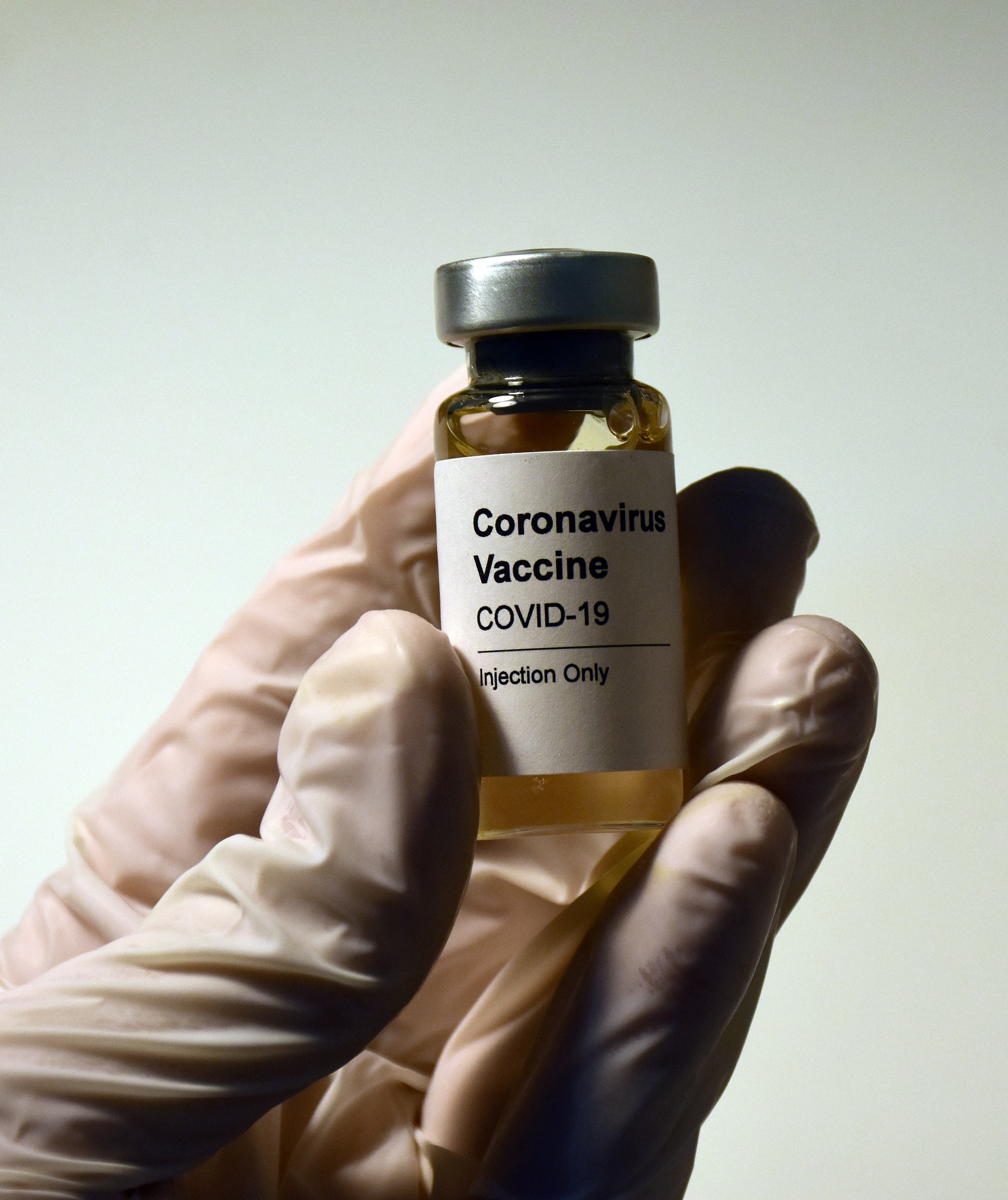The InVisionary
The American Rescue Plan: How the Latest Federal Funding Can Benefit the ID/A Community
April 6, 2021
On March 11, 2021, President Joe Biden signed the American Rescue Plan into law. The $1.9 trillion stimulus package is designed to help states speed up economic recovery and address COVID-19 pandemic-related costs. It’s no accident that the bill was signed on March 11 which was the one-year anniversary of COVID-19 being declared a global pandemic by the World Health Organization (WHO).
While two other economic stimulus plans were passed in the last year, the American Rescue Plan differs by sending funds directly to the states to spend on their needs stemming from the effects of the pandemic.
Despite the many industries seeking economic relief, current expectations among ID/A advocacy groups and disability service provider organizations—including InVision’s Vice President of Government Relations and Advocacy, Gary Blumenthal—is that some money will be made available for our industry.
The American Rescue Plan has the potential to kick-start foundational changes to the way our industry is funded and hold our lawmakers accountable for making investment promises that have yet to be fulfilled.

InVision supports delivering immediate aid to providers, but we believe now is the time to be bold, not conservative.
PAR disagrees that any push should be made to refresh the rates at this time, but InVision sees an opportunity to remind state legislators and the Governor of their obligation to raise the rates every three years after passing legislation requiring it more than three years ago. The influx of federal funding gives the Commonwealth plenty of capital with which to work and raised rates would help DSPs begin to earn wages closer to what they deserve so that they may continue to provide high-quality care to the people they serve.
A recently released statement from PA Republican Representative Greg Rothman to PA House Appropriations Chair Stan Saylor regarding the use of American Rescue Plan money has indicated growing bipartisan support for addressing the DSP Crisis:
While two other economic stimulus plans were passed in the last year, the American Rescue Plan differs by sending funds directly to the states to spend on their needs stemming from the effects of the pandemic.
A Recovering Nation
Pennsylvania—like all other states—has begun the long, arduous process of working through how the forthcoming $7.3 billion will be spent. Each PA government department will spend the next several weeks meeting with and listening to the needs of various industries, including the Intellectual Disability and Autism (ID/A) industry, and how they can best be addressed.Despite the many industries seeking economic relief, current expectations among ID/A advocacy groups and disability service provider organizations—including InVision’s Vice President of Government Relations and Advocacy, Gary Blumenthal—is that some money will be made available for our industry.
Addressing the Needs of the ID/A Community
Even before the COVID-19 pandemic ground society to a halt, disability service providers, like InVision, have long struggled to support their essential Direct Support Professionals (DSPs) and cover the costs for the high level of care they strive to provide to the people they serve. Funding for our industry has been inadequate for decades, and efforts to encourage change are often met with disappointment. Outdated data and uninterested legislators mean the onus remains on self-advocates, DSPs, and providers to convince the public of the importance of properly funding our industry and the people who keep it moving forward.The American Rescue Plan has the potential to kick-start foundational changes to the way our industry is funded and hold our lawmakers accountable for making investment promises that have yet to be fulfilled.
Addressing lost income and cost recovery
At this time, there are no concrete plans for funding dispersal. Pennsylvania Advocacy and Resources for Intellectual Disability and Autism (PAR) has focused its lobbying efforts on requesting $540 million over a six-month period to be granted to disability service providers—like InVision—to fill “budget holes.” Additional discussions included the potential for using funding to give disability service providers more tools to help recruit DSPs like signing and retention bonuses and increased training opportunities to help them embrace DSP credentialing and certification processes.
InVision supports delivering immediate aid to providers, but we believe now is the time to be bold, not conservative.
ODP rate increases
Throughout the past several years, InVision has focused much of its lobbying efforts—joined by organizations like PAR, The Provider Alliance (TPA), and other disability service providers in Pennsylvania—on requesting rate increases for DSP wages set by the Office of Developmental Programs (ODP). Failure to address the mandated increases has resulted in stagnant wages for DSPs, many of whom live in the federal poverty bracket.PAR disagrees that any push should be made to refresh the rates at this time, but InVision sees an opportunity to remind state legislators and the Governor of their obligation to raise the rates every three years after passing legislation requiring it more than three years ago. The influx of federal funding gives the Commonwealth plenty of capital with which to work and raised rates would help DSPs begin to earn wages closer to what they deserve so that they may continue to provide high-quality care to the people they serve.
Making sustainable adjustments for the future
The ID/A industry has been given little legislative and investment priority in Pennsylvania, though persistent advocacy efforts from InVision and other advocacy groups and disability service providers have begun to bear fruit.A recently released statement from PA Republican Representative Greg Rothman to PA House Appropriations Chair Stan Saylor regarding the use of American Rescue Plan money has indicated growing bipartisan support for addressing the DSP Crisis:
Observations of Republicans in the PA General Assembly during these budget talks indicate that they will not support efforts to spend American Rescue Plan funding on “recurring cost” programs, many of which happen to be ID/A-related. Rep. Rothman’s statement offers hope that minds may yet be changed on using the incoming funds as the catalyst for much-needed systemic change in our industry.As a result of inaction by the [Governor Tom Wolf] Administration, turnover rates prior to the pandemic exceeded 40%. Through the pandemic, turnover rates have reached as high as 80%. Without action by the Commonwealth to address this critical underfunding, it is nearly impossible for community services to be delivered in a strong or consistent manner.
"With funds coming to the Commonwealth, including [American Rescue Plan] dollars for state budget relief and targeted home and community-based program allocations, I request that our state leaders give its full support and attention to raising rates for ID/A programs and, if needed, targeting those dollars for Direct Support Professional wage increases.”






Comments (0)